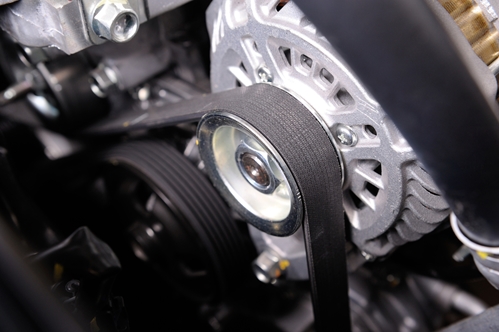Auburn Hills, MI – Jan. 23, 2018 – Volkswagen (OTCMKTS:VWAGY) recently announced a recall of more than 10,000 of popular Audi models produced between the 2009 and 2011 model years, over concerns that the front passenger air bag could explode, according to a filing made with the National Highway Traffic Safety Administration.
The Audi vehicles in question include:
- 2009 Audi A4 Cabriolet
- 2009-2011 Audi A6
- 2009 Audi S4 Cabriolet
- 2009-2011 Audi S6
Recall Summary
Specifically, the problem with the passenger frontal air bags relates to the inflators that could degrade over time if left exposed to high humidity or dramatic temperature changes. That, in turn, could lead inflators to rupture and potentially explode in the event of a crash during which the frontal passenger air bag is deployed. This issue is related to the broader Takata air bag recall.
In the event the inflator were to cause the air bag to rupture and potentially explode, metal fragments could launch into vehicles’ cabins, which could result in serious industry or death. This issue would likely arise only after several years of exposure to the adverse conditions described above, per Takata testing of the faulty air bags. The likelihood of a rupture could, however, increase due to a number of other factors.
Unfortunately, it would be impossible for owners to determine whether their vehicles are likely to be affected by this issue, or if their air bags had already ruptured.
As part of the Takata recall, three “zones” were set up to describe regions where affected vehicles were sold or registered. In this case, A6 Avants and Sedans, as well as S6 Sedans – all from the 2010 and 2011 model years in Zone B. So too were, certain 2011 A6 Avants and Sedans and S6 Sedans.
As for vehicles in Zone C, recalled vehicles include model year 2009 A4 and S4 Cabriolets, A6 Avants and Sedans, S6 Sedans, as well as model year 2010 and 2011 A6 Avants and Sedans, and S6 Sedans.
This filing was made in early January 2018 at the request of the NHTSA, as part of a Coordinated Remedy Order.
The repair
Drivers who own the affected vehicles will be notified by mail about the issue, and asked to take their cars to authorized Audi dealers to have their frontal air bag inflators replaced at no cost. Due to the size of the Takata air bag recall, Volkswagen is working with the NHTSA to stagger its announcement and planning of the recall efforts as part of the coordinated remedy program.
As such, owners and dealers alike will officially receive notification of the recall on or around March 3, 2018.
Is your vehicle part of the recall?
Over 10,000 vehicles were originally part of this recall. On June 22, 2018, This recall was rolled into a larger recall of 237,947 vehicles. As of April 9, 2021 – the last date information was available – 116,835 airbags from the recall. had been replaced. To see if your car still needs to be repaired, use MotorSafety’s free lookup tool.


